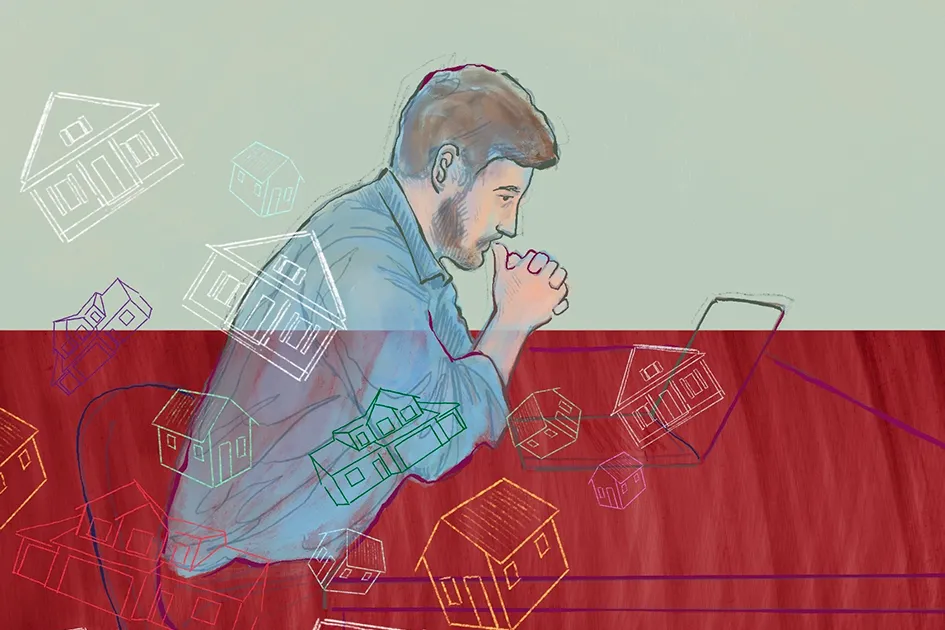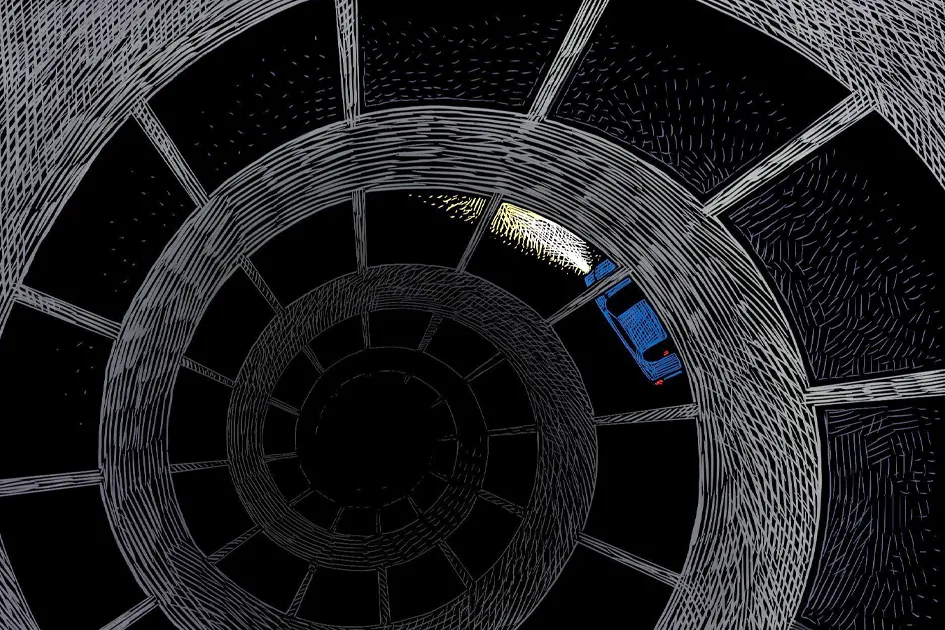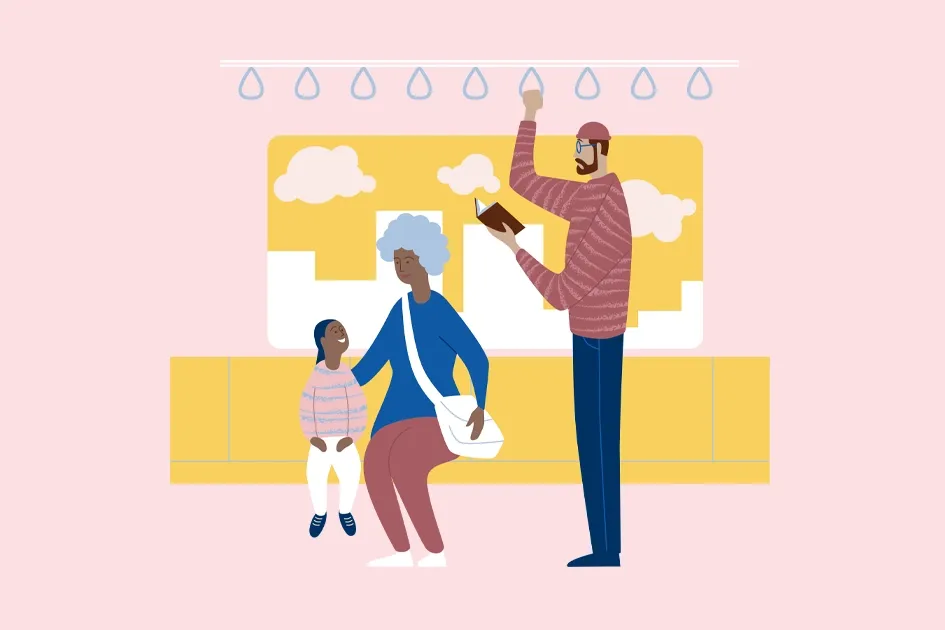Six months after our son was born, my wife Amber and I found ourselves in an unfolding drama. Little Titus suffered under the ghost of a mysterious illness and began to shed weight as if he were on a fad diet. We watched helplessly as he retched up meal after meal and was transformed into a bag of bones. We prayed ceaselessly for his healing, and our family, friends, and church members joined in with pleas of their own. We visited doctor after doctor, until they finally admitted they were at an impasse and hospitalized our baby boy for specialized treatment.
My friend Greg was fond of saying, “At some point, life is going to do what life does.” And as I watched my son suffer, I knew Greg was right. Life upends, suspends, takes certainty and puts it in question. These are the moments to lean into the support of community, to rely on relationships with friends, family, and God. But with the specter of losing a child looming large, I chose another way.
I called my sister from the pediatric floor. “Could you smuggle in a bottle of Gordon’s?” I asked. She obliged—sympathetic sibling that she was—and I drowned all fear, anxiety, and grief in gin from a Styrofoam cup filled with hospital ice.
This was the moment when a budding problem became a full-fledged addiction.
In the months following Titus’s discharge, he was barely on the mend. The doctors were still unsure whether he would stabilize and begin to gain weight, and to make matters worse, his immune system began to slip. They advised us to avoid germ-ridden places like the church nursery or the playground. Titus didn’t have the reserves to fight even the common cold, so we lived in a sort of self-imposed quarantine. Isolated further, I sank deeper and deeper into a boozy haze, and aside from Amber, not a soul in the world would have guessed.
The addictions of our life are often born from our own isolation, from our pain and anxiety. It is difficult to muster the faith needed to shoulder life’s burdens alone.
No one sets out to become an alcoholic, much less a Christian alcoholic. In fact, Paul exhorts Christians to live a sober, Spirit-filled life. He writes, “Do not get drunk on wine, which leads to debauchery. Instead, be filled with the Spirit, speaking to one another with psalms, hymns, and songs from the Spirit” (Ephesians 5:18-19 NIV).
I’ve wondered why Paul contrasts individual drunkenness with the Spirit-filled Christian community, and this is what I’ve come to believe: The addictions of our life are often born from our own isolation, from our pain and anxiety. It is difficult to muster the faith needed to shoulder life’s burdens alone. But for the Christian, the confession of the community of saints—the worshipful, thankful, Spirit-filled confession—gives us hope. And when we share our sins and submit ourselves to fellow believers, we can be carried on their shoulders. It provides a sort of surrogate faith when ours is not enough and allows us to see past the pain and into hope. Perhaps this is the point of James’ great admonition, “Confess your sins to one another, and pray for one another so that you may be healed” (James 5:16).
And this, perhaps, is one of the most important steps—maybe the very beginning—of coming clean from any sort of addiction. Alcoholism? Yes. Eating disorders? Yes. Pornography? Consumerism? Workaholism? To all of these and more, yes.
On a warm September evening, I stood on the porch with two members of my church family. “I think I have a drinking problem,” I said, the words spilling out of my mouth and across the whitewashed planks without warning.
John looked at me, nodded, and said, “What are you going to do?”
“I don’t know,” I said. John asked whether I would admit it to Amber. “I don’t know,” I said again.
John reached for my phone. “We will walk with you, will prop you up till you’re able to walk again. We’ll hold you accountable and pray with you. But right now, you need to call your wife.” He pressed the green button and handed me the phone. “You’re going to be just fine,” he said.
It’s been a year and a half since that fateful moment of coming clean. John and a few others have gathered around me. We’ve worshipped together, shared communion, given thanks. They listened to confession after confession about my unending thirst for liquor, about the darkness of my own heart. They’ve asked hard questions of me, have held my feet to the fire. And in the process, I see the working of the Spirit to draw me out of the shadows, through the pain, and into hope. Because of them, I understand Paul’s truth to the Ephesians and the wisdom of James.
Yes, life’s going to do what life’s going to do. But the corollary is true as well: A good Christian community is going to do what good Christian community is supposed to do. And if you press into it, that will make all the difference.
Illustration by Dan Page


